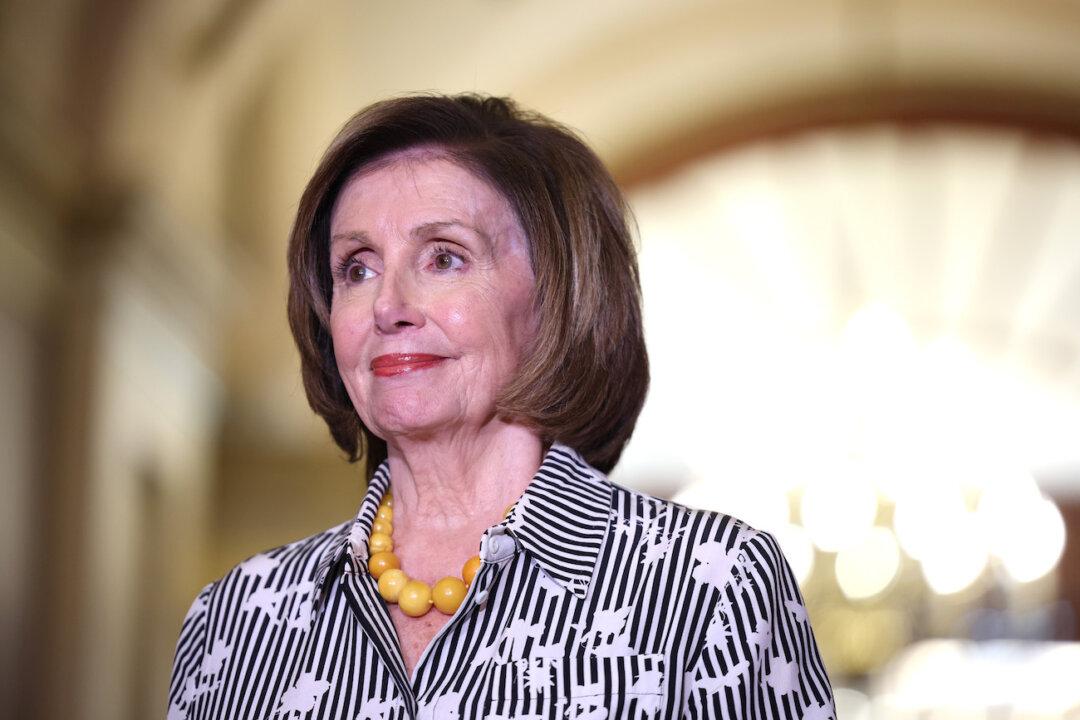Speaker of the House Rep. Nancy Pelosi (D-Calif.) admitted that her party is looking at expanding the Supreme Court beyond nine justices because they don’t like the last three justices appointed by former President Donald Trump.
“Okay, well first thing on the court, we have not increased the number of judges on the Supreme Court since Lincoln’s day, when it became nine. So, there is a discussion that could be had about should we expand that,” Pelosi told students at Cambridge University on Monday. Adding, “The only thing is, when you talk about it, everybody says you’re being political, you’re only doing it because you don’t like the justices who are there. The second part of that is true but ... it’s not about politics.”





